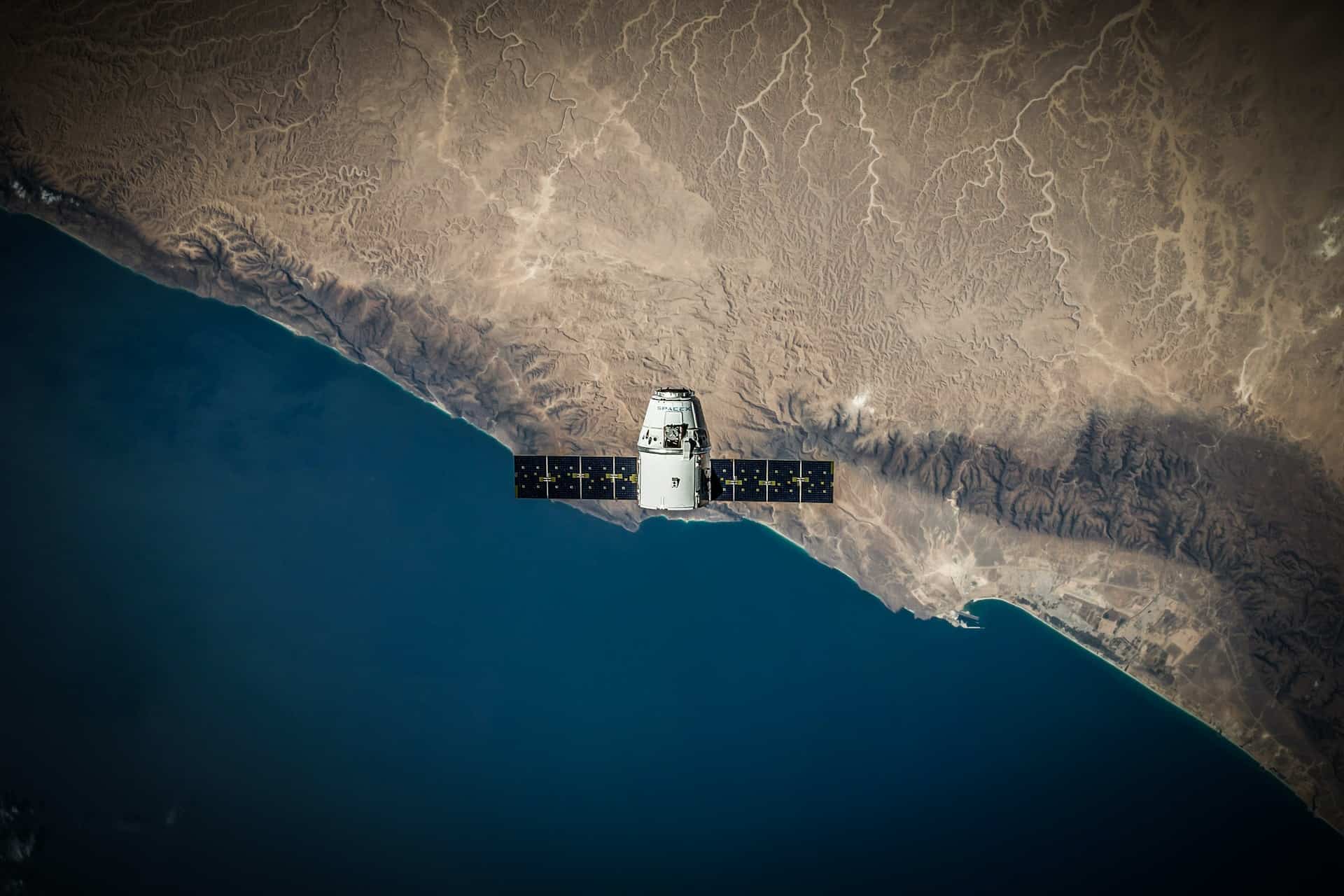Space is the final frontier, and there are many of us who dream of going into space someday. However, some of us just want to start from the bottom by trying to send a satellite up in space for all sorts of different reasons. But can anyone just send a satellite into space even when they are not working for some big company or for a space agency?
Technically speaking, you can send a satellite into space regardless of who you may be. But there is a scratch because the rocket you send into space (along with the satellite) must not be more than 3.3 pounds or else you would have to ask for a waiver from the Federal Aviation Administration (FAA).
True enough, you can actually send your own satellite up in space so long as it meets the requirements and as long as you can afford it. However, there are still some things you should know first about sending your own satellite before you should actually think about doing it.
Can anyone send a satellite into space?
Space may often be called the final frontier because we have all but explored our entire planet except for the deepest parts of the ocean. So, how final of a frontier is space really is? Well, for starters, mankind has been slowly but steadily exploring space with the help of the different international space agencies we have today. They have been doing this with the help of satellites.
There are also big companies and countries who are able to own their own satellites in space because, well, they can afford to do so and because the satellites help them with their businesses and regular operations. That’s why there are over 6,000 different satellites found in Earth’s orbit.
But is space really just for the big companies and the known agencies who can spend millions of dollars for a space launch just to put a satellite up in orbit? Well, yes and no. Yes, because it can be pretty expensive for anyone to launch something up in space. But, technically, no because basically anyone can just launch something up in space.
However, there are some factors you should take into consideration because of how you may need to comply with certain requirements first. For one, you should apply for a license from the Federal Communications Commission (FCC) if the satellite you will be launching can possibly interfere with radio frequencies. Second, you also need to ask for a waiver from the Federal Aviation Administration because of how your launch can possibly affect air traffic.
The license from the FCC may be fairly easy to obtain so long as you can prove that your satellite won’t be interfering with the radio frequencies of other satellites up in orbit or it doesn’t cause harm to any of the forms of communication we have here on the planet.
However, the waiver from the FAA may be a bit more difficult to obtain because you may want to go through certain legalities first. But if the satellite you are planning to launch is under 3.3 pounds, there probably isn’t a need for you to ask for a waiver from the FAA.
But, keep in mind that it can be pretty expensive for you to launch your own satellite. And even if you do have the budget to launch your own satellite on your own rocket, there is no guarantee that you would be granted a license by the FCC and a waiver by the FAA.
So, what do you do in such cases?
- Launch from anywhere other than the US, for legality purposes. You can probably do so from the high seas, which are far away from the jurisdiction of the United States.
- You can purchase an $8,000 TubeSat and have it launched on a pre-scheduled launch. These TubeSats are miniature satellites called picosatellites and have their own antenna, transmitter, and computer chip. Picosatellites won’t last long because they are self-decaying.
With that in mind, we now go to…
Can a civilian own a satellite?
Knowing that you can have your own satellite launched into space as long as you have actually complied with the abovementioned conditions and as long as you did so outside of US jurisdiction or if you had your own TubeSat launched together with other satellites in a pre-scheduled launch.
So, in that regard, is it okay for you, a civilian, to own such satellites?
For starters, there are over 6,000 satellites orbiting the earth. A lot of those satellites are owned by private entities and corporations, so that covers the question as to whether or not private people can own satellites. Just recently, even a private company called Swarm Technologies launched a satellite into orbit without the consent of the FCC.
So, what about the truly private individuals or the regular civilians who aren’t rich and powerful enough to own satellites?
Well, it still is yes. One example is the TubeSat, which might be quite small but are still considered satellites because they are circling the Earth’s orbit and are technically DIY satellites made by hobbyists. While not exactly cheap because it costs $8,000, TubeSat is by far the most affordable way for anyone to own a satellite.
The TubeSat satellites are powerful enough that a receiver can pick up their signals from the ground but you have to remember that they are usually launched in low orbit and will eventually re-enter the atmosphere and burn up. So, what’s the purpose of buying and owning a small satellite such as that?
Well, that opens up the floodgates for people who may want to conduct experiments that are space-based but do not have the million-dollar budgets to do so. TubeSat can actually be used for biological experiments and for video imaging from low orbit. A company is even using TubeSat to develop an entirely new type of sound that can only be produced by using the information obtained by thermal and light sensors up in the ionosphere.
There really are a lot of opportunities you can think of by using TubeSat, and it opens up a lot of different goals and experiments for civilians to achieve.

